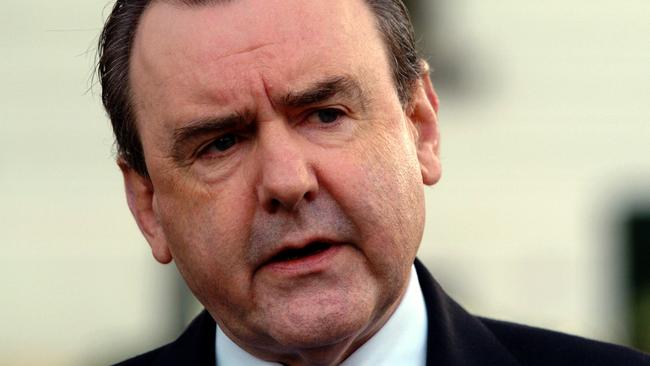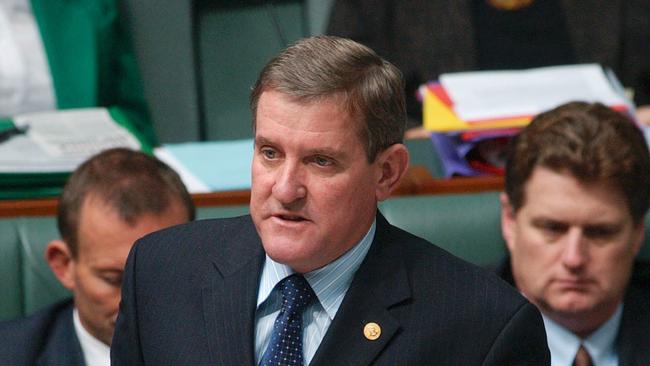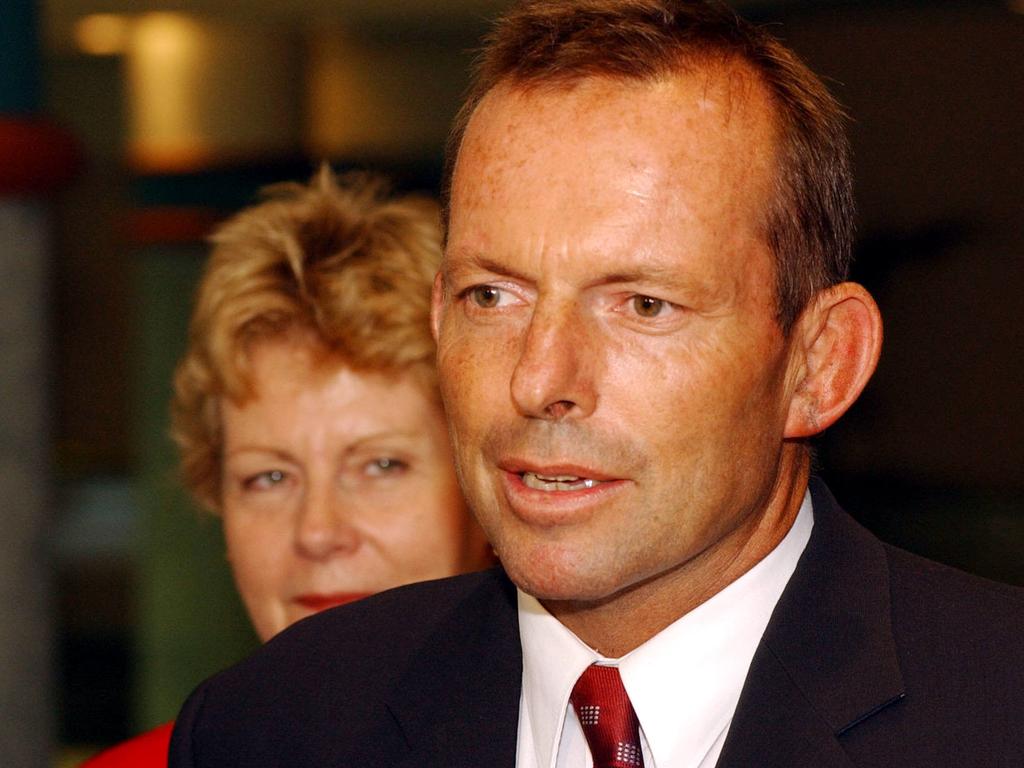2004 Cabinet Papers: Treasury slammed fiscal and regulatory risk with big-spending climate policy
Treasury warned Howard government ministers not to pursue climate policies that relied heavily on regulations, grants and subsidies rather than the market.

Treasury strongly opposed a 2004 package of climate change and energy policy measures that relied heavily on regulations, grants and subsidies rather than adopting market-based solutions to reduce carbon emissions, but the Howard cabinet took a different view.
“The approach in the submission creates sizeable fiscal risks for the government, is not cost-effective, and fails to provide an integrated, whole-of-government response to climate change,” the department argued to ministers.
“Additional funding for climate change measures risks entrenching a fiscal and regulatory emissions management approach that is inefficient and shifts the burden of abatement from polluters to taxpayers.”
The critical co-ordination comments by Treasury were in response to a submission by environment minister David Kemp and industry minister Ian Macfarlane, seeking support for a climate change strategy over four years to 2007-08.

The policy, based on principles agreed the previous year, included initiatives on energy efficiency, industry partnerships, sustainability programs for the regions, emissions technology and abatement, an adaptation program, measurement and analysis, scientific research and international engagement.
This coincided with a new whole-of-government energy policy with a specialist taskforce and cabinet committee established to guide its work. The cabinet agreed on an energy white paper released mid-year that initiated a new fund with the aim of generating $1.5bn in low-emission technologies such as carbon capture and storage.
On launching the energy white paper, prime minister John Howard that argued Australia was already an energy power but could become an energy superpower with the right technologies, investment incentives and policy settings.
The Howard government had introduced the Mandatory Renewable Energy Target (MRET) to mitigate the impact of climate change in 2001.
A review led by former Coalition senator Grant Tambling found MRET successful in encouraging investment in renewable energy but recommendations such as extending the target were not supported.
Former treasurer Peter Costello, speaking to The Australian, had sympathy for the Treasury view on the submission to cabinet asking for funding and regulation rather than adopting market-based solutions to decarbonise the economy.
“The trouble with the climate debate has been whatever money you spend, it’s never enough,” he said. “It’s never going to be enough, you know. Whatever we were spending in 2004 would be dwarfed by what we are spending in 2024. And what we are spending in 2024 is not nearly enough. This has had big effects on public expenditures and I don’t know where it finishes.
“Because there is now so much money flying around, there’s no accountability. And they have all these off-budget mechanisms like the Clean Energy Finance Corporation. It has never met its mandate. And then, you know, Snowy Mountains 2.0, hopelessly over budget. And then they come along and they say, ‘Oh, we’ll turn the Future Fund into some kind of green fund’.”
“The problem with this is that whatever is spent, it’s never, ever enough. And now you have a very organised industry that is lobbying for money. It is almost impossible to tell if we are getting value for money here. I’ll tell you: I suspect we are not.”







To join the conversation, please log in. Don't have an account? Register
Join the conversation, you are commenting as Logout